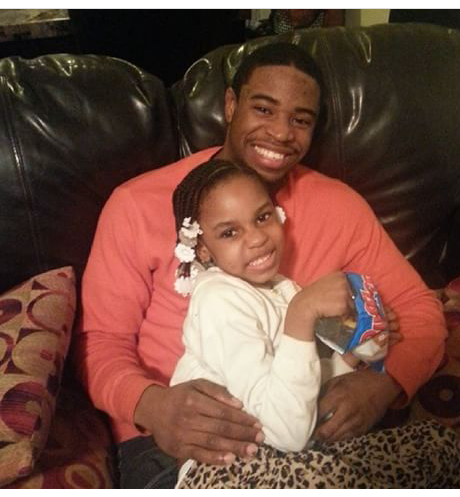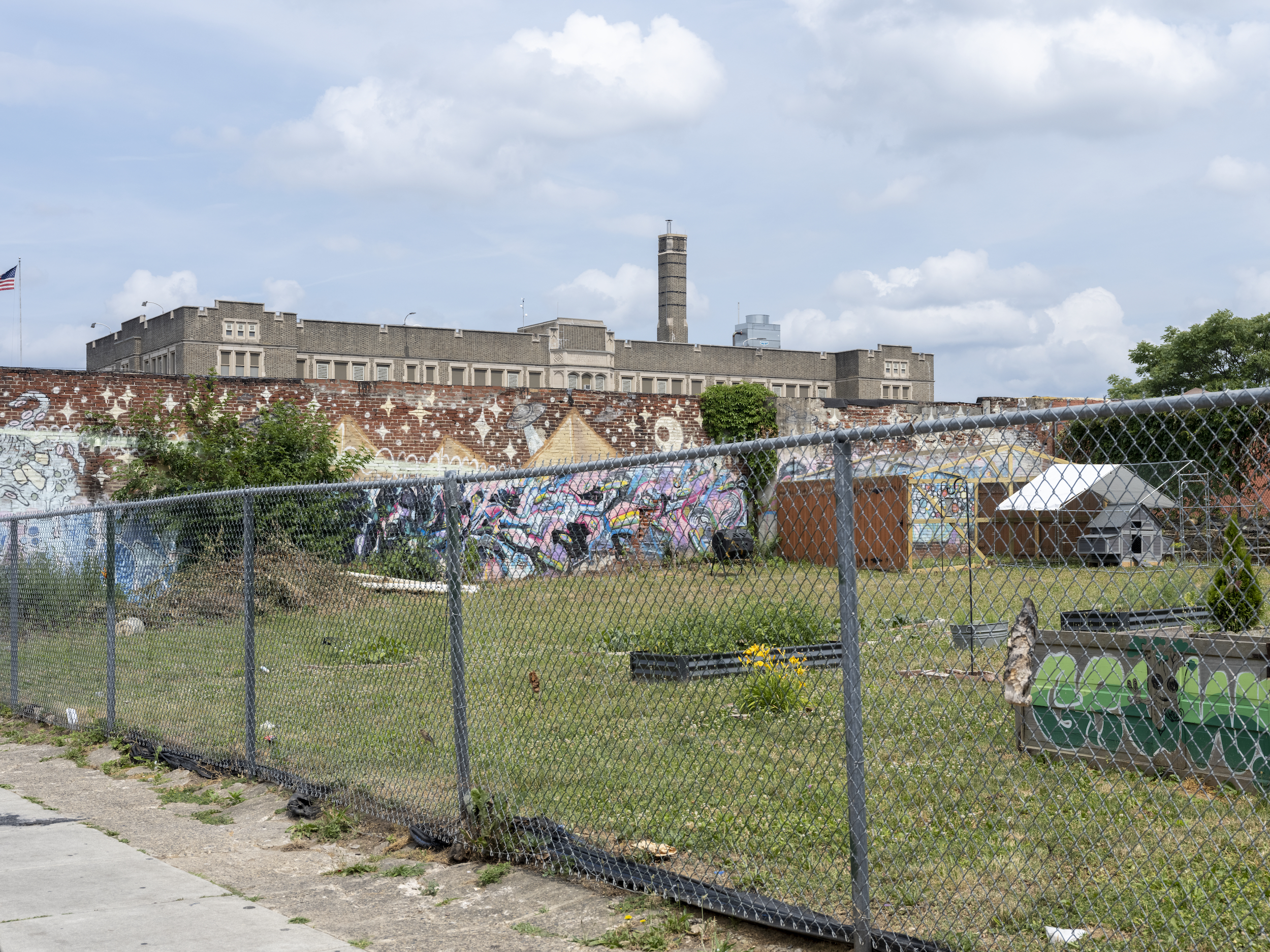Shortly after he was sworn in as district attorney of Philadelphia in January 2018, Larry Krasner told a room full of judges, lawyers, and activists that, on his watch, cops would no longer get away with murder.
He told the crowd that when he looked at the numbers, he saw bias in favor of police: City officers had been involved in 50 fatal shootings since 2010, and every one of them had been deemed justified by prosecutors. As Krasner outlined his plan to take cops to court, he said he was being realistic. “These cases have been lost all over the country time and time again, in a way that, frankly, puts more salt in the wound,” he told The Philadelphia Inquirer in 2018. “But I’m not so sure we’re going to lose all these cases.”
Five years later, Krasner has brought murder charges against three officers in three separate on-duty killings. Last month, Krasner won the first homicide conviction against an on-duty Philadelphia cop in 44 years — a fact that, perhaps, has helped make him one of the nation’s most revered and criticized prosecutors.
Krasner’s success in this regard comes as the city is on track to match or surpass the record number of 562 homicide victims claimed last year. In response to that grim toll, nearly a quarter of the City Council has resigned to run for mayor, and the candidates agree that they must rely heavily on police to quell the gun-violence crisis.
Even against that backdrop, Krasner remains unapologetic. “The message here is that this office is no longer a coverup organization for criminal acts committed by anyone,” he said, “and anyone includes a Philadelphia police officer.”
Each year, roughly 1,000 people are fatally shot by on-duty police officers in the United States, but few of the shooters are ever prosecuted. From 2005 through this summer, only 168 officers have been charged with murder or manslaughter, according to Professor Philip Stinson of Bowling Green State University, who operates the nation’s most comprehensive database tracking crimes committed by nonfederal law enforcement officers.
Of those 168 officers, 52 were convicted, 58 were not convicted, and 58 are awaiting trial. But while the overall number of officers arrested is small, it’s trending up. There were seven arrests In 2017; 10 in 2018; 12 in 2019; 16 in 2020; and 21 last year. Stinson said, 16 officers had been charged by the end of June this year.
Such prosecutions are still rare because of prosecutors’ long-running reluctance to charge the officers they work with on a daily basis, said Jon Feinberg, a Philadelphia defense attorney and vice president of the executive committee of the National Police Accountability Project. They’re also rare because most states have laws that put a high burden on proving officers’ criminal culpability.
Of the three on-duty slayings for which Krasner has charged officers, two were captured on video. All three officers were fired for violating various departmental policies before they were eventually arrested.
In the most recent case, ex-Officer Edsaul Mendoza, 26, is accused of shooting a 12-year-old boy, Thomas “T.J.” Siderio, in the back during a chaotic foot chase on March 1. Siderio was the youngest person ever to be shot by an on-duty Philadelphia police officer. Earlier this month, a city judge ordered Mendoza to stand trial for first-degree murder and related counts. He’s being held without bail.
Mendoza and three other plainclothes officers were seated in an unmarked car in South Philadelphia when Siderio opened fire on them, causing the windshield to shatter and injuring one of the officers with flying glass, police said.
While fleeing, the boy dropped the gun — on video, it can be heard hitting the ground — but the officer fired into his back anyway, Krasner said.
When Mendoza shot the boy, Siderio’s gun was 73 feet behind the officer, investigation evidence indicates, and Mendoza is heard on video telling another officer that Siderio “threw the gun someplace, and pointed in the direction of the gun,” Krasner said.
The second case began in late December 2017, when then-Officer Eric Ruch Jr. fatally shot Dennis Plowden at the end of a high-speed car chase. Police said they began pursuing Plowden, 25, because he was driving what turned out to be a borrowed car that had been linked to a homicide. After crashing the car on a Germantown street, Plowden, who was unarmed, stumbled from the vehicle and sat down on the sidewalk. Officers surrounded him, but only Ruch fired his weapon, sending a bullet through Plowden’s raised left hand and into his head.
Police later said that Plowden was not a suspect in the homicide linked to the car he was driving. In September, a jury convicted the 34-year-old fired police officer of voluntary manslaughter, making him the first city cop convicted for an on-duty killing since 1978. He’s been jailed without bail since his conviction and is scheduled to be sentenced November 17.

The third fired officer charged, Ryan Pownall, 40, has been in limbo since earlier this month, when a judge dismissed third-degree murder and related charges against him, citing mistakes the prosecution made in presenting the case to the grand jury that recommend charges in 2018. Pownall fatally shot David Jones, 30, in June 2017 after stopping him for riding an illegal dirt bike on a city street. While frisking Jones, the officer felt a gun on him, which fell to the ground while Jones fled on foot. As Jones rounded the corner of a nearby building with his hands raised above his head, Pownall opened fire, fatally shooting him in the back.
Krasner has not yet said if he will appeal the ruling, rearrest Pownall, or drop the case.
Where Krasner succeeded in court, he did so by looking at the facts and pouring resources into the effort, said Paul Hetznecker, the civil rights and defense attorney who last year won a $1.2 million wrongful death lawsuit settlement from the city for the widow of Plowden. “The facts in this case were compelling, but just as compelling as many, many stories of police misconduct and police shootings over the decades,” he said. “He (Krasner) has the will to let the facts dictate justice.”
Before becoming district attorney, Krasner spent 30 years as a criminal defense lawyer. During those years, he distinguished himself by filing 75 civil rights lawsuits for clients against the Philadelphia Police Department. Krasner, a progressive Democrat, campaigned on holding bad cops accountable, decriminalizing some nonviolent offenses, exonerating the wrongly convicted, and ending mass incarceration, cash bail, and the death penalty. Now that he’s in office, enacting some of these ideas — especially arresting police officers — has come at a political cost, despite his being reelected in a landslide last November.
Among his enemies is John McNesby, president of the city police officers’ union, the Fraternal Order of Police Lodge 5. McNesby declined to comment for this article, but in a statement praised the judge’s decision to drop charges against Pownall, a 12-year veteran of the force.
“From the beginning, we called the filing of criminal charges against Officer Ryan Pownall an absolute disgrace,” McNesby said. “This case illustrates DA Larry Krasner’s anti-police agenda with the filing of meritless criminal charges, all to be dismissed at a later date.”
This summer, Republicans in the Pennsylvania House of Representatives launched an investigation that could result in Krasner’s impeachment and removal from office. Krasner and supporters believe that the move was in part fueled by his charging of police.
But Krasner implored his detractors to look at the broader context surrounding these prosecutions. “What sometimes gets lost in this discussion is that over the space of five years now, we’ve brought homicide charges against three officers, while we have on the other hand cleared close to 150 officers,” Krasner said. “That’s just being fair. That’s just doing things the right way after decades of politics ruling.”
Stanley Crawford, who founded the grassroots activist groups the Familes of Unsolved Murder Victims Project and the Black Male Community Council of Philadelphia after the 2018 murder of his son, said Krasner is right to arrest bad cops, but wonders about the fallout resulting from him doing so while decriminalizing certain crimes and advocating for fewer civilian arrests.
“Larry Krasner is hard on everyone but the criminals. Criminals get leniency while the force has a heavy hand put on them, and the Black Community is paying the price for their internal conflict,” Crawford said, referencing the frequent clashes between Krasner and police.
The state House formed the Select Committee on Restoring Law and Order in June to investigate Philly’s record gun violence, a process that can result in Krasner’s removal.
In September, the state House voted to hold Krasner in contempt for failing to turn over documents requested by the committee, including some pertaining to Pownall’s case. Mike Straub, communications director for Republican House Speaker Bryan Cutler, said he was not aware that Krasner had charged three officers with murder and denied that the house committee’s end goal was to impeach him.
“If the idea was to impeach Larry Krasner, then there would have been a motion to introduce articles of impeachment,” Straub said. “The goal of the committee is to take a much wider approach to exactly what’s happening, root causes, and ultimately solutions.”
If Krasner is impeached by the House, the Senate would vote on his removal, which would require a two-thirds majority.
Krasner’s allies are skeptical of the committee’s stated motive. “This political attack on Larry Krasner is a direct response to his efforts to bring criminal-justice reform to the District Attorney’s Office,” Hetznecker said. “A key component to this reform is prosecuting police for their on-duty criminal conduct, something that has historically not been a priority of previous district attorneys in Philadelphia.”

